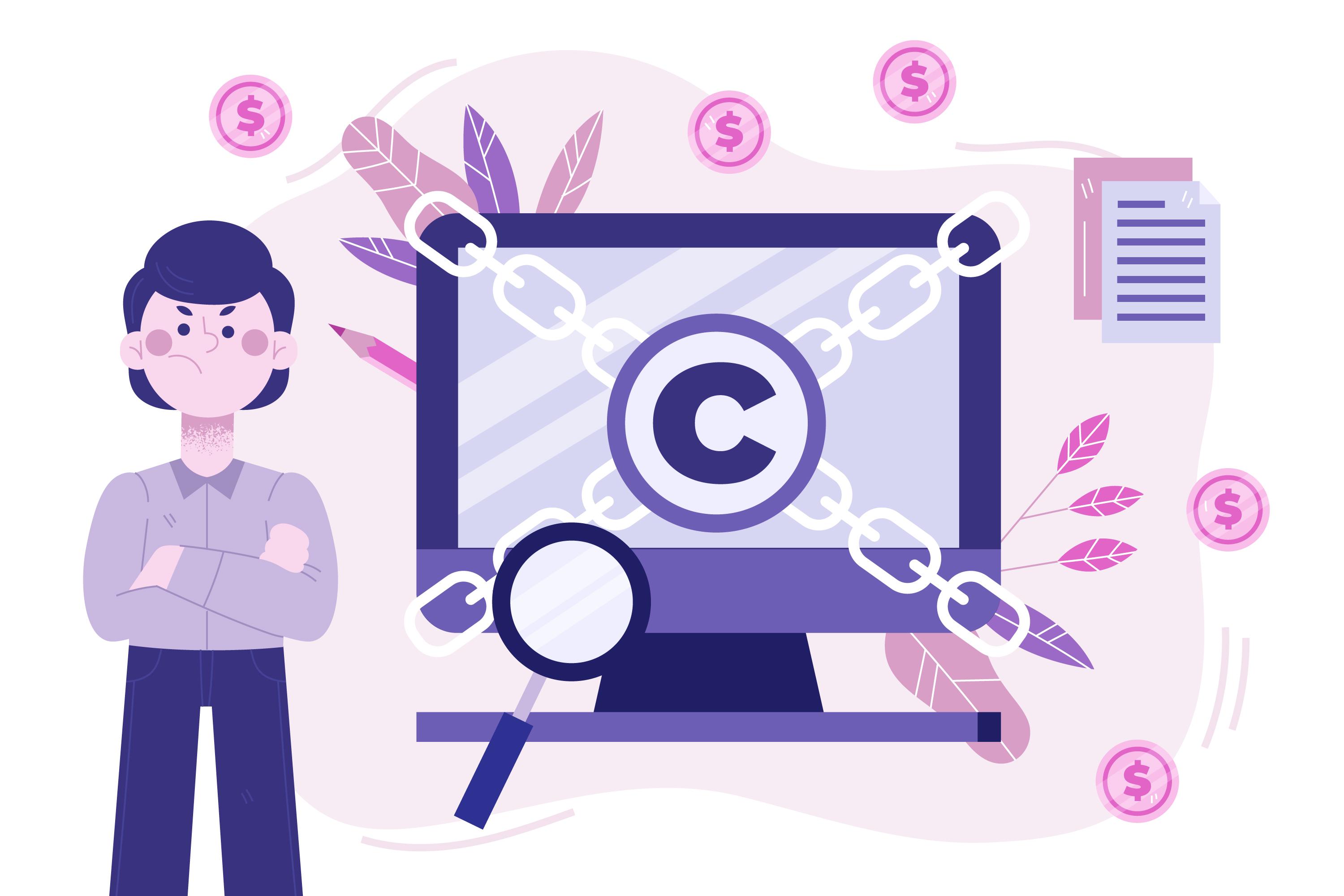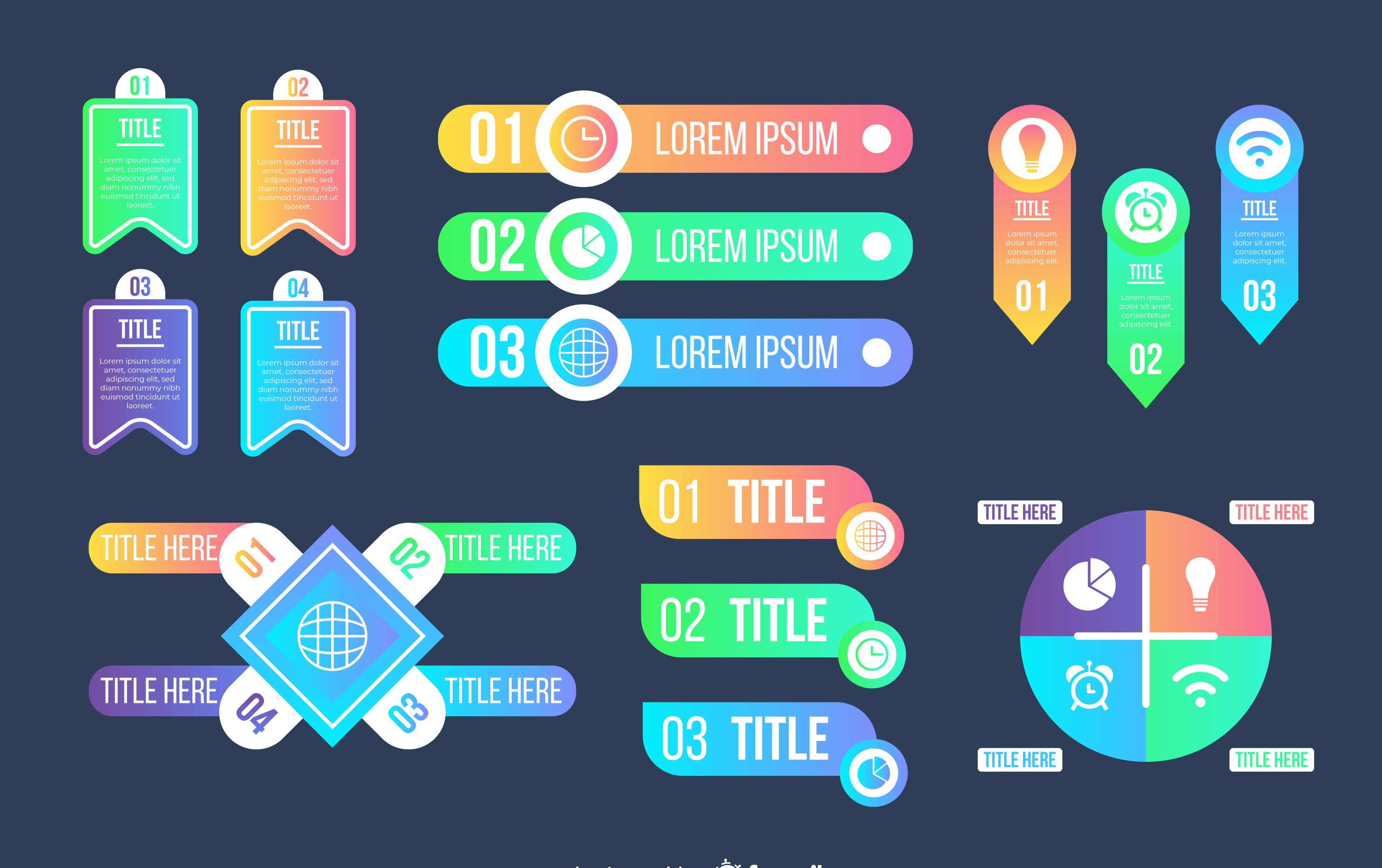
Effective marketing requires careful planning, and one of the most critical aspects of this planning is budget maintenance. Whether you’re running a small business or managing a large enterprise, how you allocate and manage your marketing budget can significantly impact your campaign’s success. This article will discuss the importance of good budget planning, how different budget levels affect results, and introduce new smart marketing strategies that can help you achieve your goals while saving money.
1. The Importance of Good Budget Planning
Before launching any marketing campaign, it is crucial to have a well-thought-out budget plan. Good budget planning ensures that your marketing efforts are aligned with your overall business objectives and that you can achieve the desired results without overspending. Here’s why budget planning is essential:
- Resource Allocation: A clear budget helps allocate resources efficiently across different marketing channels, ensuring that each channel receives the appropriate amount of funding.
- Performance Tracking: With a budget in place, it becomes easier to track the performance of your marketing efforts and make adjustments as needed.
- Risk Management: Budget planning helps mitigate financial risks by setting clear limits on spending and preventing costly overruns.
- Goal Alignment: A well-planned budget ensures that your marketing activities are focused on achieving specific business goals, such as increasing sales or improving brand awareness.
2. How Budget Levels Impact Marketing Results
The amount of money you allocate to your marketing budget can have a significant impact on the results you achieve. While it’s possible to run effective campaigns on a limited budget, larger budgets often provide more opportunities for reaching a wider audience and achieving more substantial results. Here’s how different budget levels can affect your marketing outcomes:
Low Budget
A low-budget marketing plan may limit your reach and the channels you can use, but it can still be effective with the right strategies. Small businesses often rely on organic growth through social media, content marketing, and local SEO, which require time and effort but less financial investment.
Moderate Budget
With a moderate budget, you can expand your reach by incorporating paid advertising, such as Google Ads or social media ads, in addition to your organic efforts. This budget level allows for more flexibility in testing different marketing strategies and channels to see what works best.
High Budget
A high-budget marketing plan enables you to pursue more aggressive strategies, such as large-scale paid advertising campaigns, influencer partnerships, and advanced data-driven marketing techniques. With a larger budget, you can also afford to experiment with new and emerging channels, such as video marketing and interactive content.
3. Smart Marketing Techniques to Maximize Budget Efficiency
In today’s digital age, smart marketing techniques can help you achieve your goals without breaking the bank. These techniques leverage technology and data to optimize your campaigns, ensuring you get the most out of your budget. Here are some of the most effective smart marketing strategies:
Automation Tools
Marketing automation tools can help streamline your campaigns by automating repetitive tasks such as email marketing, social media posting, and lead nurturing. This not only saves time but also ensures that your campaigns are consistent and targeted, reducing the need for manual intervention.
Data-Driven Marketing
Using data analytics to inform your marketing decisions can significantly improve the efficiency of your campaigns. By analyzing customer behavior, preferences, and trends, you can tailor your marketing efforts to target the right audience with the right message, minimizing wasted spend.
Content Marketing
Content marketing remains one of the most cost-effective ways to attract and engage customers. Creating high-quality, relevant content that addresses your audience’s needs can drive organic traffic, build brand authority, and generate leads over time, all without the need for a massive budget.
Social Media Targeting
Social media platforms offer advanced targeting options that allow you to reach specific demographics, interests, and behaviors. By using these targeting features, you can ensure that your ads are shown to the most relevant audience, maximizing your ROI and reducing wasted ad spend.
Retargeting Campaigns
Retargeting campaigns focus on re-engaging users who have previously interacted with your brand but haven’t converted yet. By showing these users relevant ads across different platforms, you can increase conversion rates at a lower cost compared to acquiring new customers.
Conclusion
Budget maintenance in marketing plans is essential for maximizing your return on investment and ensuring that your campaigns are aligned with your business goals. By understanding the impact of different budget levels and leveraging smart marketing techniques, you can achieve your marketing objectives while keeping costs under control. Good budget planning, combined with innovative strategies, allows businesses to compete effectively in the marketplace, regardless of their size or industry.


At MESTECH for Digital Marketing, we focus on building strong, recognizable brands that resonate with your target audience. Our team ensures that every piece of content we create is aligned with your brand’s vision and identity. We also prioritize protecting your unique content with copyright measures, giving you peace of mind that your brand’s assets are secure and safeguarded.
Get a free consultation today by contacting MESTECH for Digital Marketing. Let our experts assess your business needs, provide tailored advice, and show you how we can help boost your online presence. This is your chance to explore our solutions risk-free and see the impact we can make.
Don’t miss out—reach out now!

I'm thrilled to announce the launch of MESTECH FOR DIGITAL MARKETING, dedicated to helping businesses grow and thrive in the digital age.




